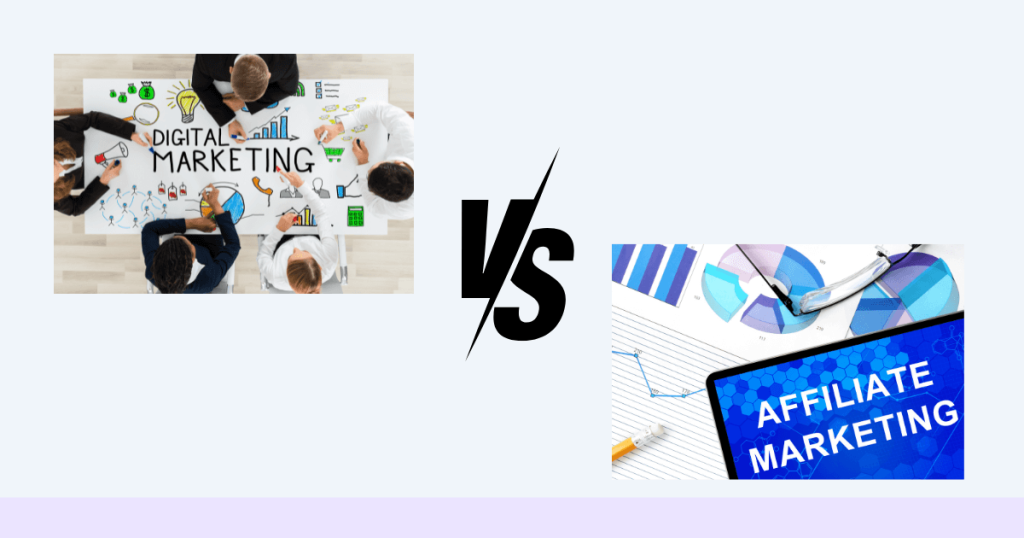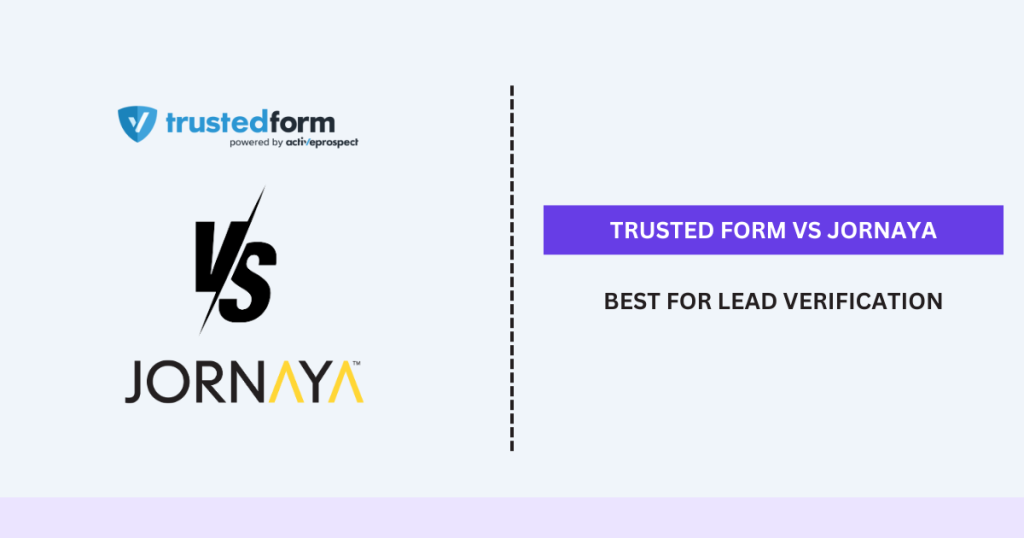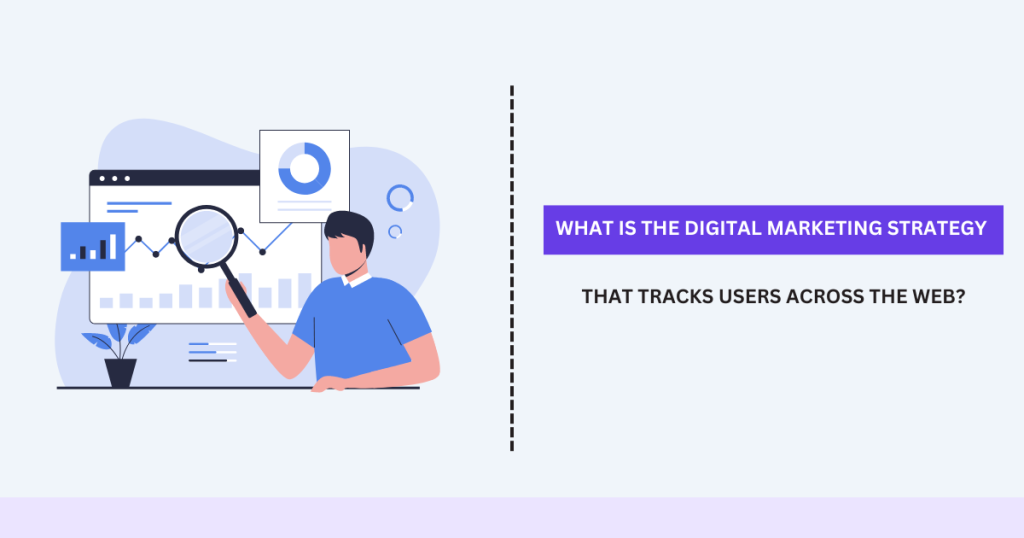Digital Marketing
Digital marketing encompasses a broad range of online marketing activities designed to reach a wide audience. It includes various strategies and tools:
- Search Engine Optimization (SEO): Enhancing your website to rank higher on search engines, thereby increasing organic traffic.
- Pay-Per-Click (PPC) Advertising: Paying for ads to appear on search engines and other platforms, driving traffic to your site.
- Social Media Marketing: Leveraging platforms like Facebook, Instagram, Twitter, and LinkedIn to engage with your audience and promote your brand.
- Content Marketing: Creating valuable and relevant content to attract and retain customers.
- Email Marketing: Sending personalized and targeted emails to nurture leads and build customer relationships.
Digital marketing is all about creating, managing, and optimizing campaigns to achieve the best results. It involves a continuous process of data analysis, strategy adjustment, and creative execution.
Affiliate Marketing
Affiliate marketing, on the other hand, is a performance-based marketing strategy where businesses reward affiliates (partners) for driving traffic or sales to their site. Here’s an in-depth explanation of how it operates:
- Affiliates Promote Products: Affiliates, who can be bloggers, influencers, or website owners, promote a company’s products or services through their channels.
- Tracking Links: Affiliates use unique tracking links to direct potential customers to the company’s website.
- Earnings: Affiliates earn a commission for each sale or lead generated through their promotional efforts.
Affiliate marketing is particularly attractive for businesses due to its cost-effectiveness and the ability to leverage the affiliate’s audience and influence. For more detailed insights on digital marketing strategies, check out our comprehensive blog post on Consulente Digital Marketing.
Digital Marketing vs Affiliate Marketing
- Scope:
- Digital Marketing: Encompasses a wide array of strategies and channels, including SEO, PPC, social media, and content marketing.
- Affiliate Marketing: Focuses specifically on partnerships and commission-based promotion through affiliates.
- Control:
- Digital Marketing: Businesses have full control over their campaigns, messaging, and strategy.
- Affiliate Marketing: Relies on affiliates to promote products, which means businesses have less control over the promotional methods and messaging.
- Cost:
- Digital Marketing: Often involves significant upfront costs for ad campaigns, content creation, and marketing tools.
- Affiliate Marketing: Generally has lower upfront costs, with businesses paying commissions only for successful sales or leads.
- Effort:
- Digital Marketing: Requires ongoing effort to create, manage, and optimize marketing campaigns.
- Affiliate Marketing: Affiliates handle much of the promotional work, reducing the effort required from the business itself.
- Measurement:
- Digital Marketing: Performance is tracked and measured through various analytics tools, providing insights into campaign effectiveness.
- Affiliate Marketing: Results are measured through unique tracking links, making it straightforward to track sales and leads generated by affiliates.
Benefits of Digital Marketing
- Wider Reach: Engage with a broad audience across multiple platforms and channels.
- Brand Building: Enhance brand awareness and reputation through consistent and targeted messaging.
- Data-Driven Decisions: Utilize detailed analytics to optimize campaigns and improve ROI.
Benefits of Affiliate Marketing
- Cost-Effective: Pay only for actual results, reducing financial risk.
- Scalable: Easily scale by adding more affiliates to your program.
- Leverage Influence: Benefit from the trust and influence that affiliates have with their audience.
Choosing the Right Strategy for Your Business
Both digital marketing and affiliate marketing offer distinct advantages, and the right choice depends on your business goals, resources, and target audience. Digital marketing provides comprehensive control and a wide reach, making it ideal for businesses looking to build a robust online presence. Affiliate marketing offers a cost-effective, performance-based approach, leveraging partnerships to drive sales and leads.
Often, combining both strategies can be the most effective approach. By integrating digital marketing with affiliate marketing, businesses can maximize their reach, optimize costs, and achieve their marketing objectives more efficiently.
Digital marketing and affiliate marketing are powerful tools in the digital marketer’s arsenal. Understanding their differences and benefits can help you make informed decisions and craft a marketing strategy that aligns with your business goals. Whether you choose to invest in digital marketing, affiliate marketing, or a combination of both, the key is to continuously analyze, adapt, and innovate to stay ahead in the competitive digital landscape.
Here are the source links:



